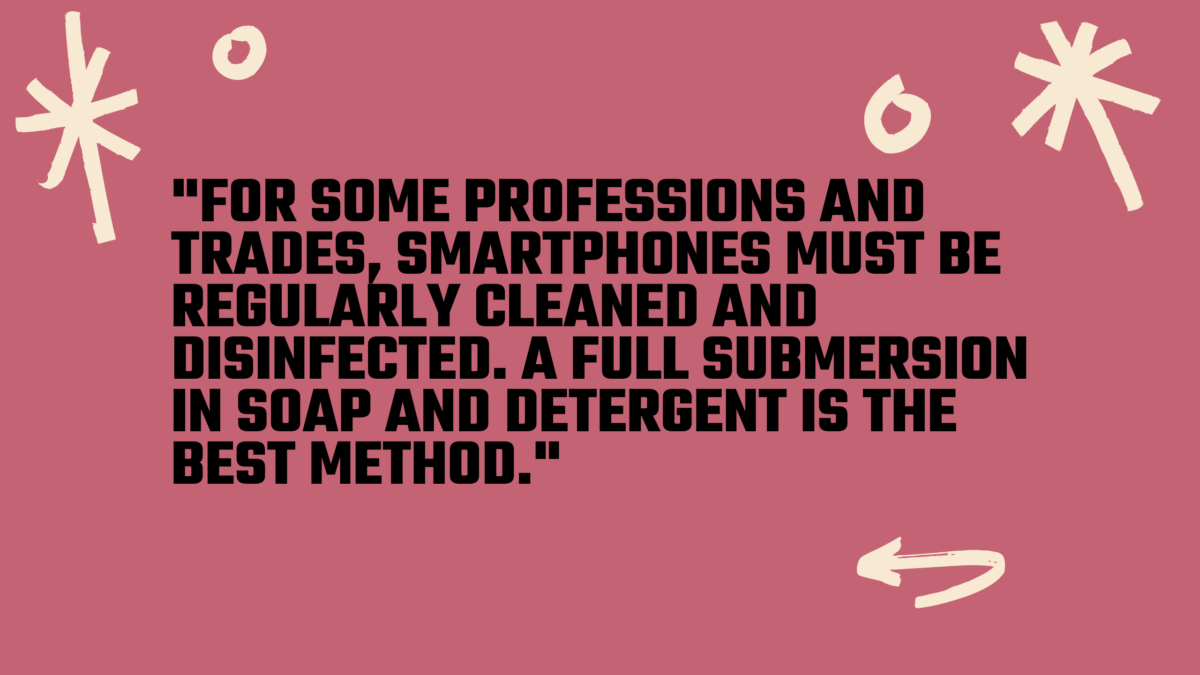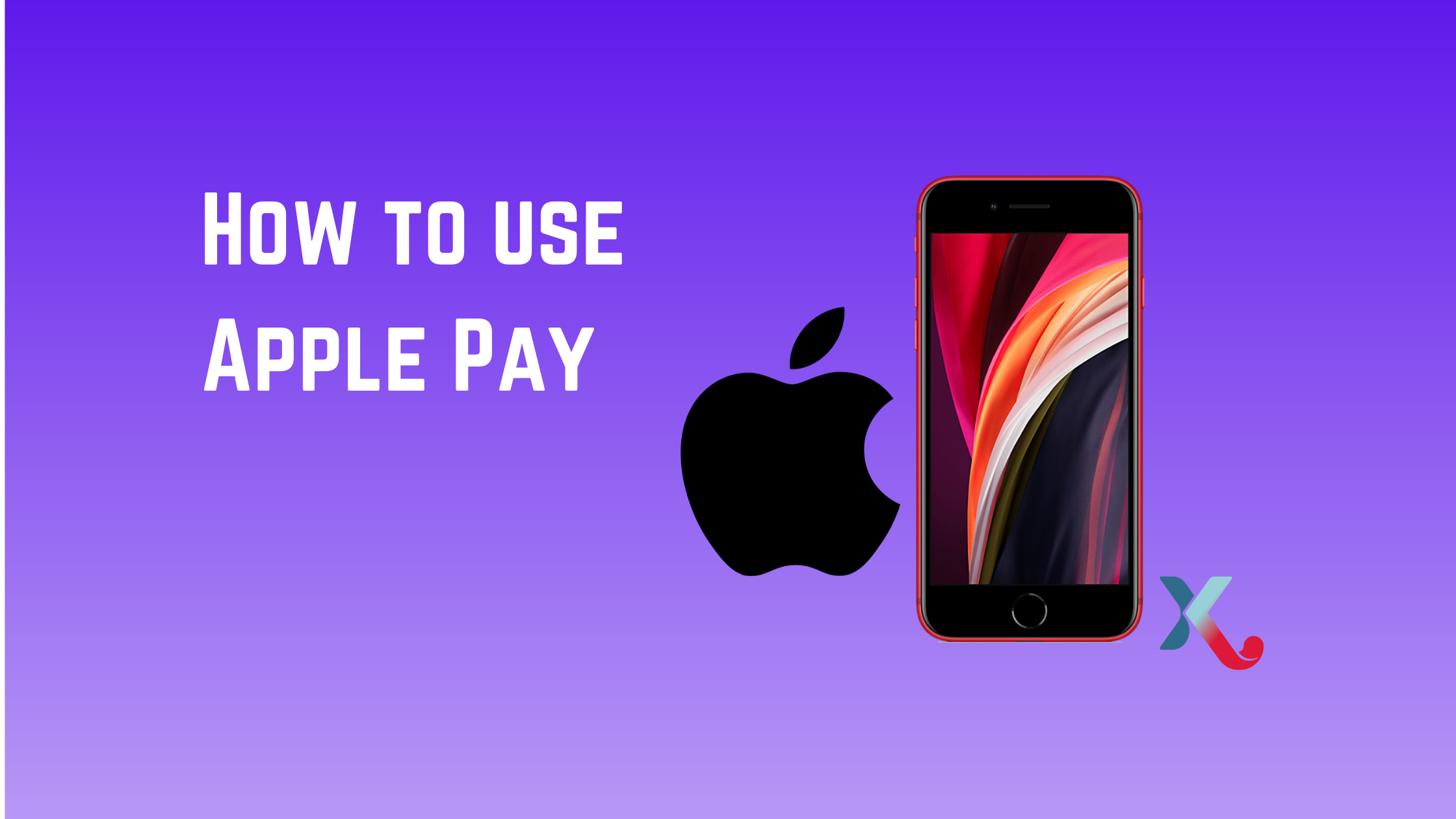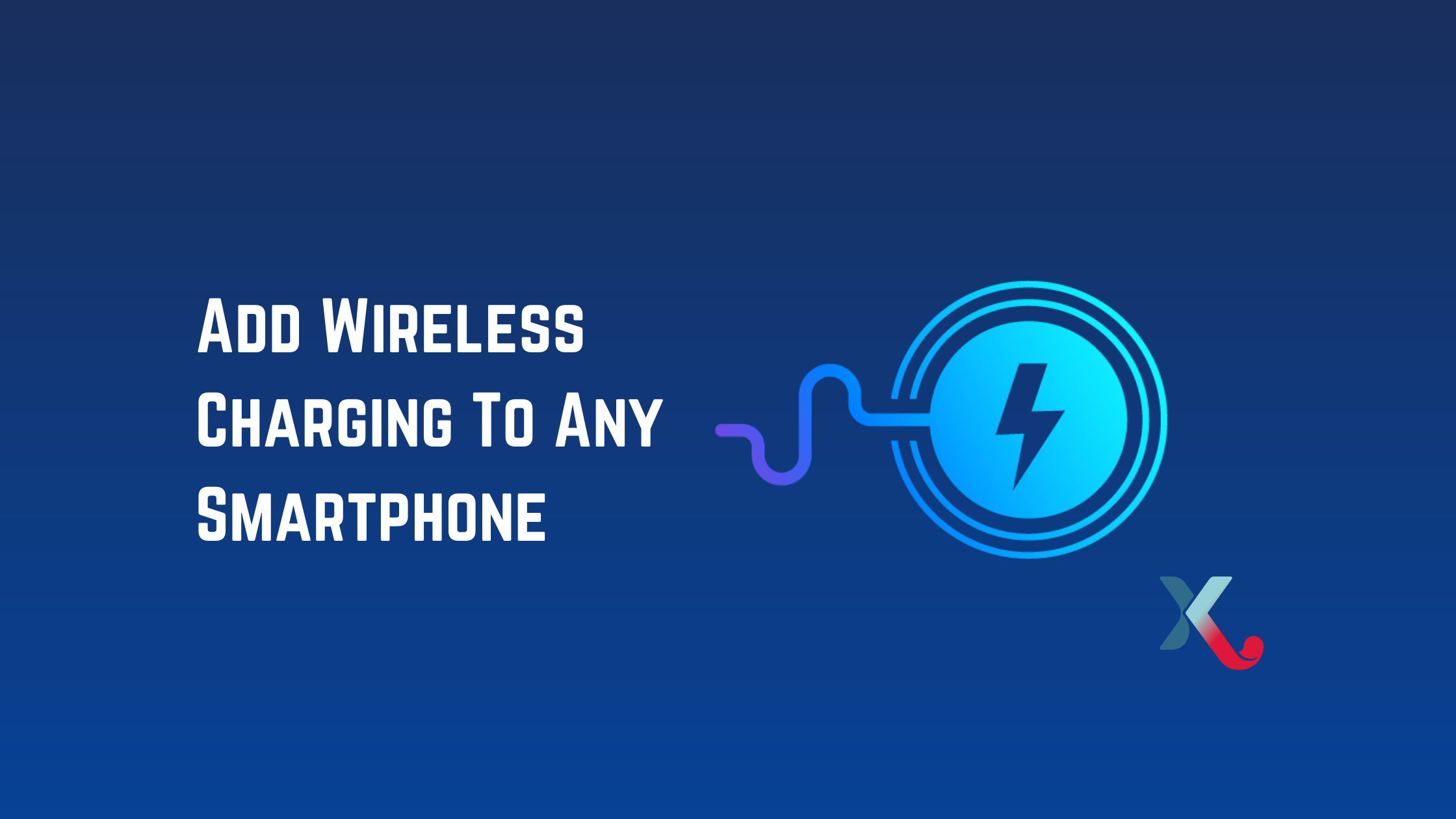If they aren’t cleaned regularly, mobile phones can harbour or spread Covid-19.
Phone contamination can be caused by constant exposure to others and shared surfaces. These risks can be reduced by a complete overhaul of how employees use their personal and shared smartphones to create new, potentially life-saving routines.
This is crucial advice for all workers.
- Avoid using your phone while you commute – it is a common habit that can lead to contamination and spreading.
- Avoid using your phone in public spaces – there are many hot spots such as shared counters, tables and seating, or pull-down trays on public transportation.
- Reduce personal phone usage in the workplace. Is this really what you are about to use your smartphone for?
- Before you leave for work, wash your phone. As soon as you arrive at your destination, clean your phone.
- Before you wash your hands, always clean your phone.
- You should follow the manufacturer’s guidelines when cleaning your phone. This will ensure that you don’t damage it or invalidate your warranty. Phones that are easier to clean could help reduce the spread of Covid-19. Like other phones, Cat(r)phones can be cleaned with hot soapy or disinfectant.
- You can use your speakerphone feature to avoid having to call someone if your phone has been contaminated.
Working Outside
Working outside can give the impression of less security, but it is more likely to contract the virus that causes Covid-19. Employees should be mindful of how they interact with other people and surfaces.
- Deliveries drivers should keep their phones in their cars or in their pockets whenever possible. They should not place them anywhere while they are delivering.
- Doorbells and doorknockers can be contaminated. Before touching your phone again, clean your hands with sanitizing gel.
- Please pay attention to how often you are with other people, what surfaces you touch, and how likely it is that others have touched them.
- It is important to treat building sites as public spaces. Many workers pass through them, which can lead to contamination.
- Personal phones should be kept to a minimum. Before you use them, make sure they are clean.
Work in the homes of others
Many types of work can be done in a home. Some jobs pose very little risk depending on how close they have to others, while others, such as plumbers (often exposed to possible contamination when unblocking drains), are more risky.
- Avoid putting your phone on other people’s surfaces.
- Avoid using your phone in someone else’s house.
- You can use your speakerphone feature to make calls while you are in someone’s home. This will prevent you from having to touch a potentially dangerous phone.
- Paramedics, nurses and emergency service personnel could be at greater risk than others. They should ensure that phones are cleaned after each home visit.
Sharing (Duty-Phones)
The shared workplace phone is hazardous and should be rethought as this device can harbor bacteria and viruses. The Cat phones range is a more robust option that can be washed with soap and water. They can also be cleaned with plenty of gels/alcohol wipes or bleach.
- Before being placed in a safe, sealed, and hygienic area overnight, duty phones should be cleaned thoroughly at the end of each day.
- Between users, clean the phones as thoroughly as possible.
- Avoid cases and use phones without protective cases. Phones can also harbour bacteria and viruses in cases, which is why it’s often more difficult to clean.
- It is important to log and monitor all calls made by duty phone users.

Work in an Office
The phone never leaves the person’s side in an office. Employees should think about how and whether they come into contact with other people or surfaces.
- You can reduce the amount of time you use your phone at work by adding apps to your desktop or limiting your access to certain apps during the day.
- Avoid eating on your phone and avoid taking them into communal areas such as canteens or toilets.
- Do not place your phone on a colleague’s desk or table.
- Do not allow others to touch or handle your phone.
- When you arrive at work, clean your phone.
For some professions and trades, smartphones must be regularly cleaned and disinfected. A full submersion in soap and detergent is the best method.
Although many smartphones claim to be water-resistant and have an IP rating, only rugged phones can withstand this treatment. Many warranties will not cover repairs due to water or liquid damage. Make sure you check these exceptions.
The Cat rugged phones have been specifically designed to be submerged in water for the product’s entire life. They can be cleaned with soaps, disinfectants, and alcohol wipes. They go through hundreds of pressurized alcohol abrasion tests and bleach wipe tests. Chemical mix exposure and susceptibility testing are also performed.
It is a good idea to verify the testing that your phone has undergone and to review the warranty to see if there are any exclusions for water or liquid damage.
Get the Best Deals on The Latest Smartphones from NIX.
Trade-in your old phones with NIX and leave with a brand new phone. Remember, the NIX magic number is zero!! How close can you get? Come in and see. Recycle your old phone with NIX and sign-up to our Premium Membership for even better prices and saving at NIX.
Where To Buy? At NIX Of Course!
Trade-in your old phones with NIX and leave with a brand new phone.
Remember, the NIX magic number is zero!! How close can you get? Come in and see.
Recycle your old phone with NIX and sign-up to our Premium Membership for even better prices and saving at NIX.
MEGA TIP: NIX Premium Members can trade in multiple devices at once to really reduce the price of the new phone.


